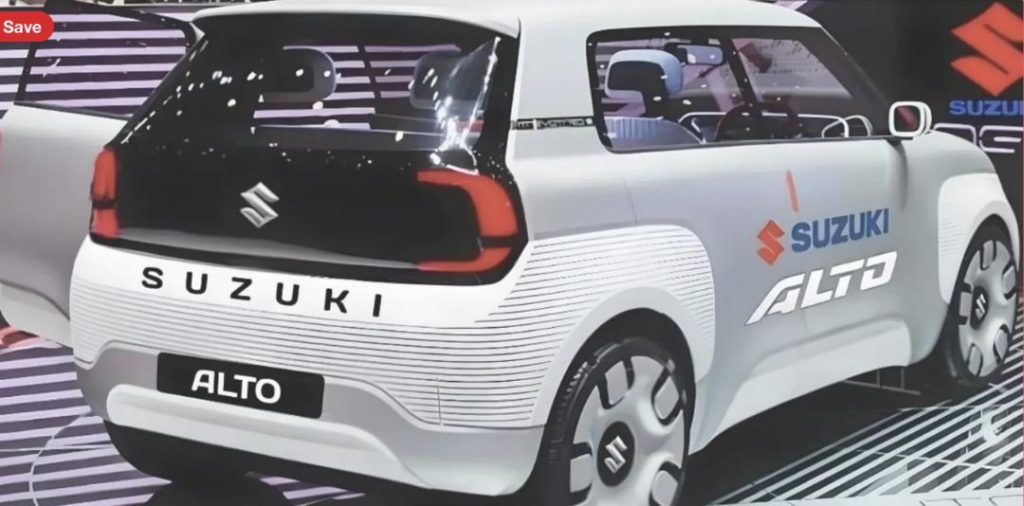
Sales of under ₹5 lakh cars fell 97% in last 9 years
The Indian automotive industry has been facing a significant decline in sales of entry-level cars priced under ₹5 lakh over the past nine years. According to recent data, the sales of these cars have plummeted by a staggering 97% from 9.3 lakh units in FY16 to a mere 25,402 units in FY25. This drastic decline has had a significant impact on the market share of Maruti Suzuki, which has dropped from 47.4% in FY18 to 27.7% in FY24.
The decline in sales of entry-level cars can be attributed to various factors, including the changing consumer preferences, increasing competition, and the shift towards more premium products. The Indian government’s decision to phase out the Bharat Stage IV (BS IV) emission norms in 2019 and introduce the more stringent BS VI norms in 2020 also contributed to the decline, as it led to a significant increase in the prices of vehicles.
Maruti Suzuki, the largest automaker in India, has been severely affected by the decline in sales of entry-level cars. The company has been seeking government incentives to revive the demand for these vehicles. In its latest quarterly report, Maruti Suzuki reported a 97% decline in sales of entry-level cars, with the company selling just 25,402 units in FY25.
The decline in sales of entry-level cars has also had a significant impact on the job market. The automotive industry is one of the largest employers in India, and the decline in sales has led to a significant reduction in employment opportunities. Many workers in the industry have been forced to look for alternative employment opportunities, leading to a surge in unemployment rates.
However, Maruti Suzuki is not giving up hope. The company has announced plans to target 20% export growth in FY26, focusing on markets such as Japan, Africa, and Latin America. This move is seen as a strategic shift by the company to reduce its dependence on the domestic market and capitalize on the growing demand for Indian vehicles globally.
The decline in sales of entry-level cars has also led to a shift in consumer preferences towards more premium products. The Indian market has seen a significant increase in demand for SUVs and electric vehicles, which are seen as more desirable options by consumers. This shift in demand has led to a significant increase in the prices of these vehicles, making them more affordable for a smaller segment of the population.
The decline in sales of entry-level cars has also led to a significant impact on the environment. The Indian government has been pushing for electric vehicles to reduce pollution and meet its climate change commitments. The decline in sales of entry-level cars has led to a reduction in the demand for fossil fuels, which is seen as a positive step towards a more sustainable future.
In conclusion, the sales of under ₹5 lakh cars have fallen by 97% in the last nine years, leading to a significant decline in the market share of Maruti Suzuki. The decline in sales has been attributed to various factors, including the changing consumer preferences, increasing competition, and the shift towards more premium products. Maruti Suzuki is seeking government incentives to revive the demand for these vehicles and has announced plans to target 20% export growth in FY26. The decline in sales has also led to a shift in consumer preferences towards more premium products and a reduction in pollution.
Source:
https://trak.in/stories/sales-of-under-rs-5-lakh-cars-reduces-by-97-from-9-lakh-to-25k-in-9-years/






